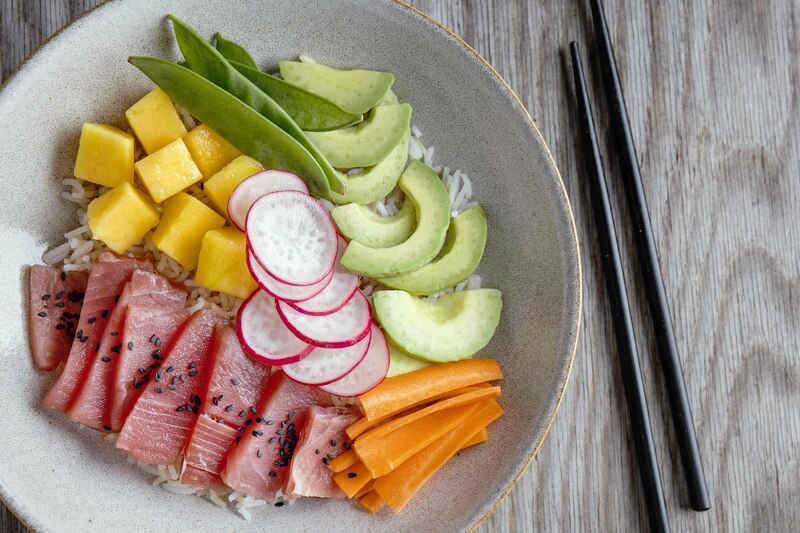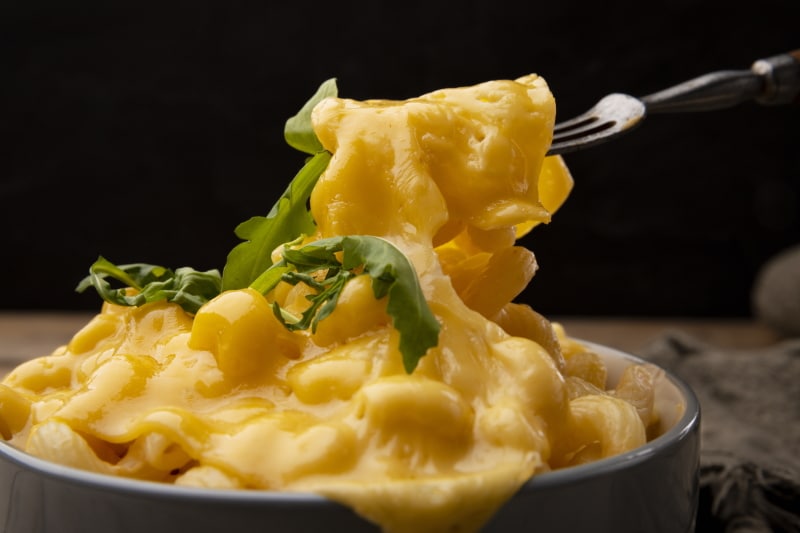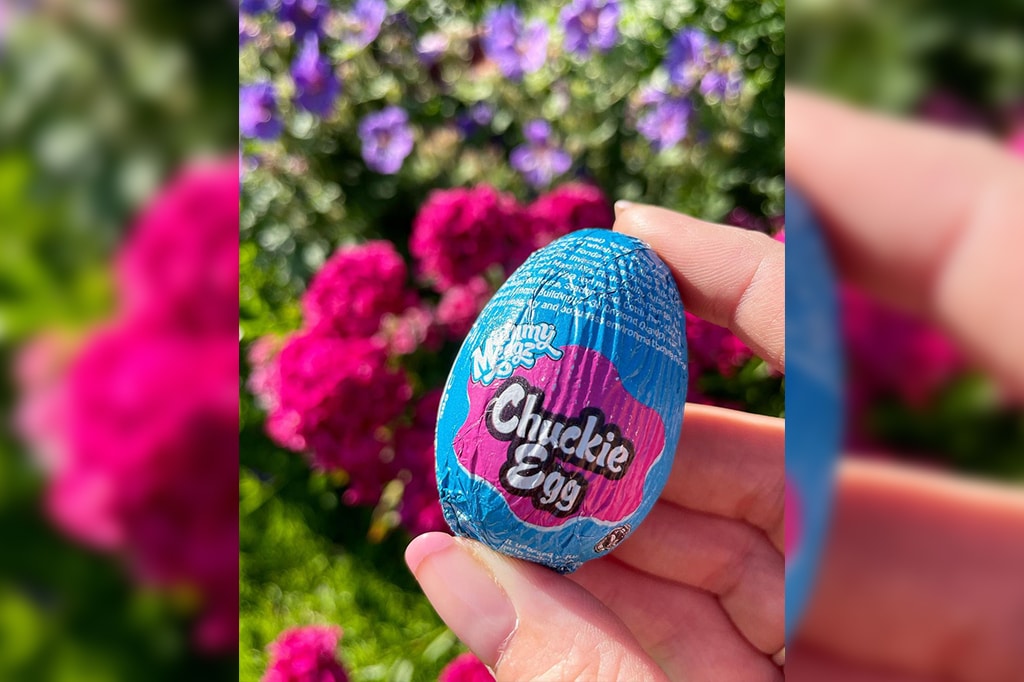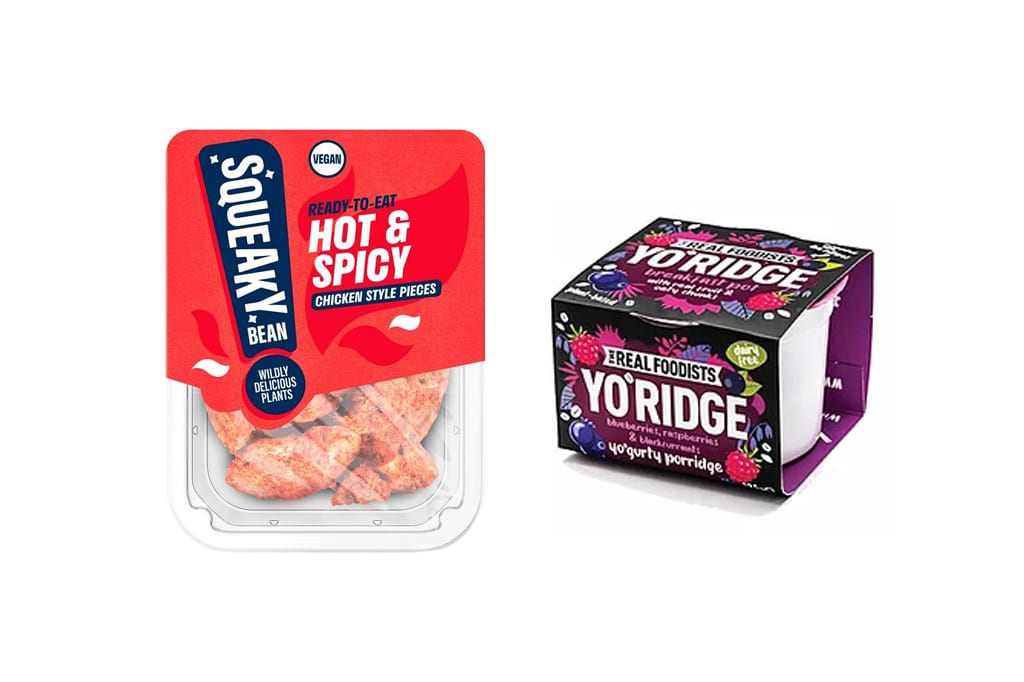With shrimp, scallops, and salmon created from mycelium, three firms in three countries are attempting to revolutionize the vegan fish industry.
Fish experience pain, have intricate social interactions, and enjoy playing games; some even have higher attention spans than humans. They are complex organisms who communicate in eerily familiar ways; they “speak” with squeaks and squeals and use a variety of body language to offer each other instructions or warn of impending danger. Moreover, fish meat, which may include large concentrations of chemical residues, is harmful to people, and the seafood business is ruining the ecosystem. There is no need to consume fish when there are so many vegan seafood items available online and at grocery shops around the nation.
Mushrooms are among the greatest vegan seafood because they absorb flavor and have a “meaty” but flaky feel.
Every new vegan food idea appears to be superior to the previous one. First, there were “bleeding” hamburgers, then there was a race to produce plant-based chicken. And now, vegan seafood has entered the takeover game, and businesses in this industry have demonstrated that there are multiple ways to manufacture it.
There are already vegan tuna and salmon created from protein-rich legumes, while others have utilized soy or konjac, a root vegetable, to simulate the flavor, texture, and nutritional value of fish.
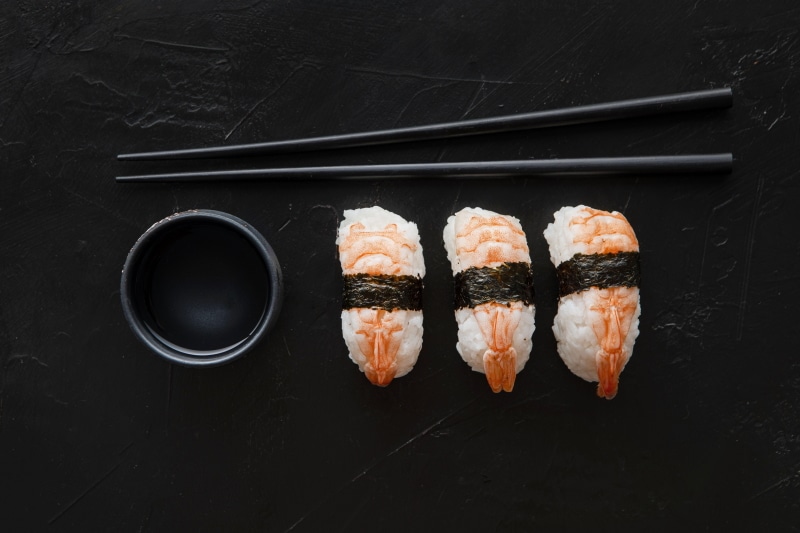
Recently, several companies are utilizing the biological kingdom of mushrooms. Mycelium, the root system of mushrooms, grows naturally in a structure similar to that of fish muscle tissue and has a mild flavor. This unique structure has previously been utilized in the production of mushroom leather and mushroom meat, demonstrating its versatility.
Vegan seafood is intended to save the oceans.
Germany’s Esencia Foods is the first startup in Europe to create vegan fish from mycelium. Esencia was founded by the scientist and chef Bruno Scocozza and the business strategist Hendrik Kaye to facilitate a global transition to sustainable ocean management through mycelium alternatives.
According to the United Nations, 80 percent of the world’s fish supplies are overfished, and some scientists anticipate that the oceans will be emptied by 2048 due to the expected increase in demand for seafood.
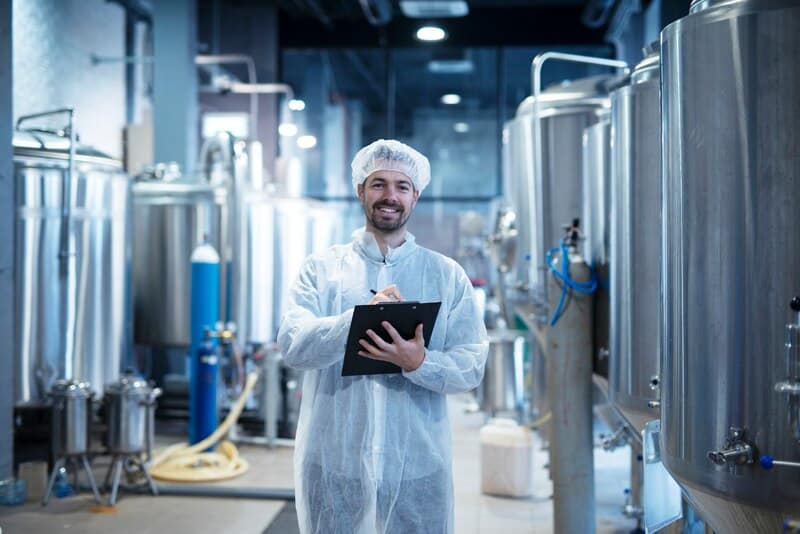
Esencia is developing a technology platform based on mycelium that can replicate the unique texture and mouthfeel of seafood to provide alternatives that more closely resemble conventional seafood, beginning with scallops and salmon.
By utilizing a solid-state fermentation process, Esencia develops mycelium in a manner comparable to tempeh, but with fungi that deliver the soft texture of scallops and the intricate texture of sea bass.
Additionally, the business is aware of its obstacles, such as reproducing the rich feel of smoked salmon. Esencia plans to collaborate with a plant-based fat company to achieve this objective. Before expanding into retail, the company plans to debut its first goods in restaurants and catering by the end of 2023.
“As a mix of a scientist and a chef, I want to go beyond providing an ‘alternative product’ and instead create culinary highlights that consumers seek. Scocozza said in a statement, “We aim to create a page in the history of food.”
“Mycelium solid-state fermentation is the ideal technology for creating textures and flavors that consumers adore while maintaining price parity,” he said.
Creating fishless calamari using mushrooms.
Aqua Cultured Foods, a Chicago-based firm with a similar objective, focuses on generating fish-free whole cuts and ground seafood alternatives. Aqua Cultured is striving to improve the flavor, texture, and nutrition of entire calamari, shrimp, scallops, and tuna and whitefish filets by using fermentation procedures that do not require animal inputs, genetic alteration, or the use of starches or protein isolates.
Aqua Cultured Foods CEO Anne Palermo previously said in a statement, “We’re moving on an accelerated timeline from the research and development stage to commercialization, and now our focus will be on scale-up, strategic alliances, and go-to-market partners such as restaurant chains.”
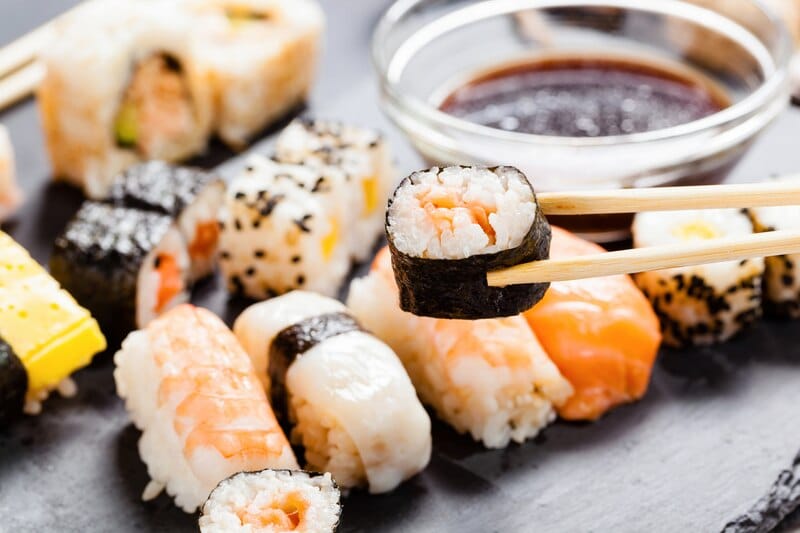
The most recent product introduction by the business is a minced dumpling filling for its potential Asian restaurant partners. One of the company’s new possibilities is a shrimp substitute that merchants and distributors can season, package, and co-brand. Because frozen dumplings are a mainstay in nations such as China, South Korea, and Japan, Aqua Cultured believes this sector represents a valuable and easily accessible market opportunity.
The company has created a shrimp filling and intends to develop other minced uses, such as spicy tuna sushi rolls, seafood cakes/patties, ravioli, and cannelloni.
Vegan seafood for gourmet cuisine
In Copenhagen, scientists are collaborating with chefs at Alchemist, a restaurant with two Michelin stars, to grow mushrooms on seaweed to develop a new type of seafood. The purpose of this study, which is supported by The Good Food Institute, is to demonstrate a new method for fermenting sustainable crops.
Under the direction of Dr. Leonie Jahn of the Technical University of Denmark and Diego Prado, head of research at Alchemist, chefs will experiment with fungi to produce whole-cut seafood. If the product is successful, it may be offered at the restaurant and made broadly available for purchase.
Prado stated in a statement, “Our main objective with this project is to create a unique and delicious product that is excellent enough to be served at a fine-dining restaurant using natural materials, with seaweed providing flavors of the sea and the mycelium adding a beautiful texture.”
The team is investigating how the texture of filamentous fungi might be utilized to develop a variety of sustainable foods. The objective is to determine how different conditions can be utilized to alter the texture of fungi, producing products ranging from scaffolds, which give structure to meat developed from animal cells, to meat-like animal-free consumables.
Seren Kell, manager of science and technology at the Good Food Institute Europe, stated in a statement, “I will be curious to see the results of Dr. Jahn’s research.” Seafood is an area where innovation is desperately needed, and there are enormous opportunities for corporations and governments to engage in further research to develop plant-based and cultured seafood that can assist sustainably fulfill growing demand.

